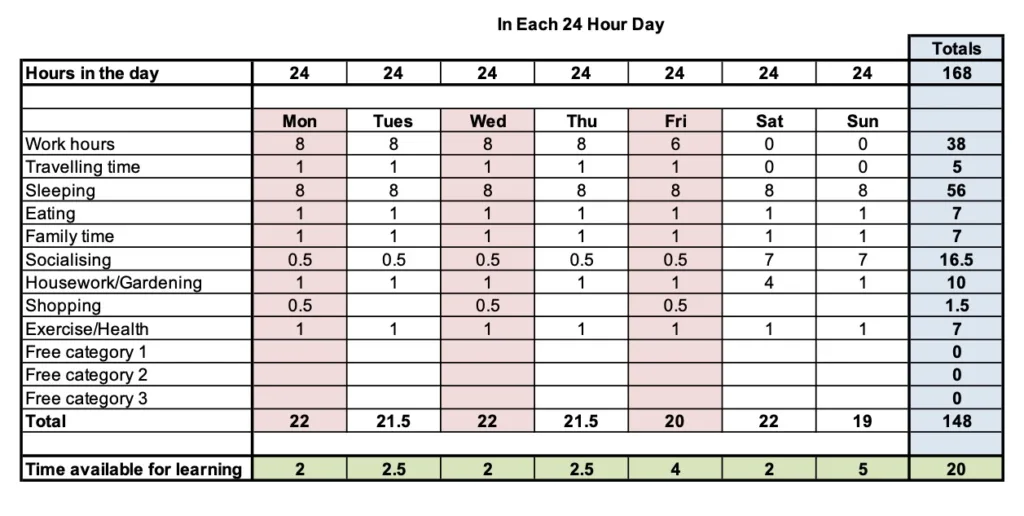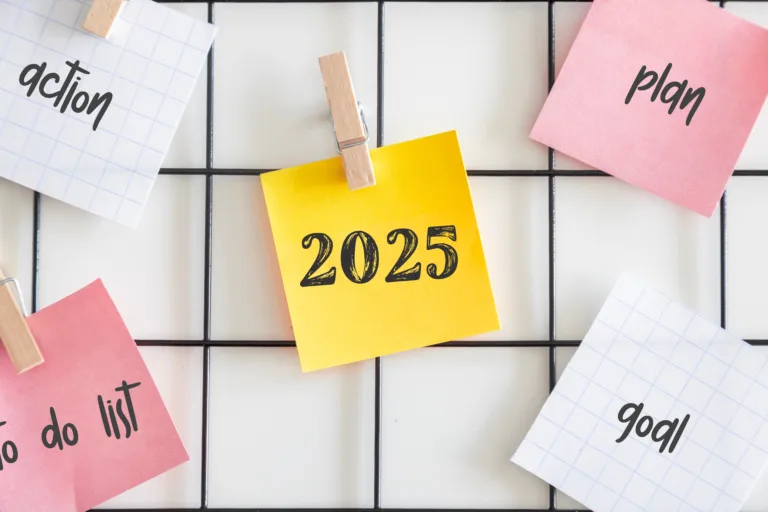Is It Too Late to Start Educating Myself? Embracing Lifelong Learning at Any Age
Introduction
Have you ever questioned whether it’s too late to begin educating yourself? The truth is, learning can be pursued at any stage in life, whether through formal education or informal means. In a rapidly changing world, acquiring new skills and knowledge is essential for personal and professional growth. This article aims to debunk the myth that age is a barrier to learning and provides insights on the benefits of lifelong learning, regardless of one’s current life stage.
Section 1: Understanding the Benefits of Life long Learning

Embracing a Growth Mindset:
Regardless of your age, adopting a growth mindset is crucial to unlock your potential for continuous learning and development. It’s natural to feel the need to stay competitive in your professional field or learn practical skills for a healthier lifestyle. Upskilling yourself has never been more important to improve your overall quality of life.
Setting Clear Objectives:
When it comes to lifelong learning, it’s essential to establish clear objectives that align with your goals. Sometimes, the idea of taking on additional responsibilities may seem overwhelming. However, by reading this article, you can find effective solutions to overcome such challenges.
Section 2 : Gaining Time for Learning

Analyzing Time Allocation
To prioritize learning, it’s helpful to evaluate how you currently spend your time. Reflecting on your weekly activities and identifying areas where time is wasted can yield surprising results. Consider using a personalized spreadsheet or a similar tool to track and optimize your schedule, ensuring you have ample time for learning.
During my early studies, I created a spreadsheet to plan my week. You can download and modify it to suit your needs.

Implementing Solid Habits
James Clear’s book, “Atomic Habits,” offers valuable insights into integrating new habits into your daily routine. By automating basic tasks and decluttering your schedule, you create space for learning and personal growth. Remember to allocate time for activities you enjoy and take care of your well-being.
Section 3 : Overcoming Age-Related Concerns

Cognitive Benefits Learning:
Numerous studies suggest that engaging in challenging learning activities enhances cognitive abilities and memory, even as we age. Research conducted at the University of Texas in 2014 found that older adults who dedicated 16 hours per week to learning new skills for three months experienced notable improvements in memory. Embracing learning opportunities can have a positive impact on cognitive skills throughout our lives.
“I have already settled down , I don’t want to have more responsibilities”
Exploring Unfamiliar Skills:
When selecting new skills to learn, opt for those that are unfamiliar and provide a challenge. Reflect on your childhood dreams and unfulfilled aspirations. Pursuing these interests can bring a sense of fulfilment and satisfaction as you tap into latent passions and abilities.
Conclusions
Learning is a lifelong journey that should be pursued regardless of age or circumstances. Whether you seek professional advancement or personal fulfilment, staying engaged in various learning activities is vital. Remember to set clear objectives, share them with an accountability partner, and adapt your routine to accommodate responsibilities. Embrace incremental changes and prioritize enjoyment throughout your learning journey. As Mahatma Gandhi said:
“Live as if you were to die tomorrow. Learn as if you were to live forever.”




